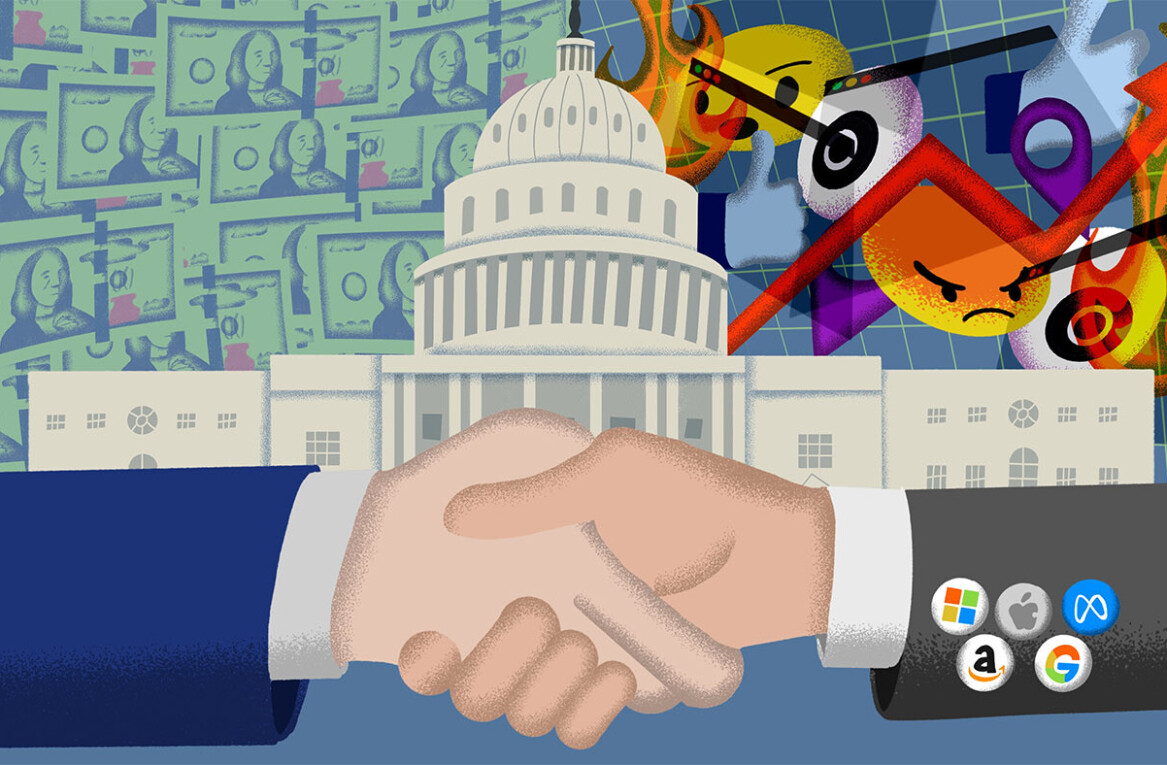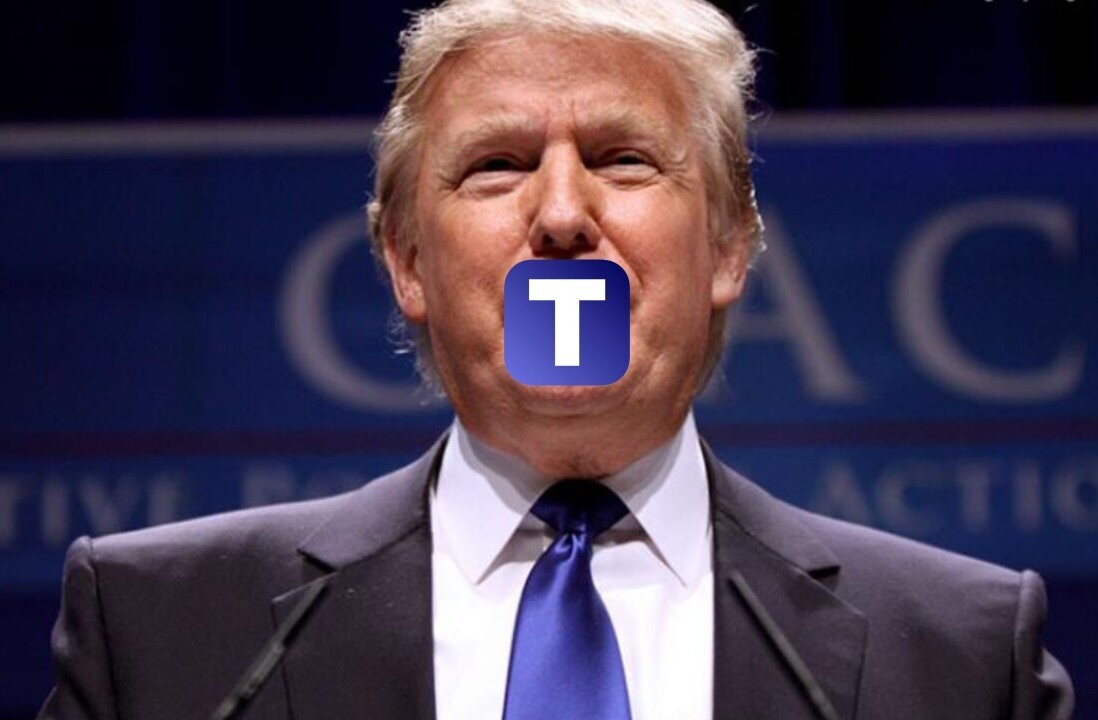
Feel good moment: the US Government’s Federal Communications Commission (FCC) plans to spend a total of $115 million in the next three years to bring high-speed Internet to 400,000 individuals and businesses that don’t have access to such services. According to The Hill, tens of millions of dollars of private funds will be employed as well.
The massive undertaking is part of the FCC’s Connect America Fund project, which works to bring broadband to rural areas that may still be stuck using dial-up connections. This is a larger problem than you might expect – the United States is, as anyone who has flown across it knows, massive. Getting everyone up to speed is a huge task.
In the FCC’s eyes, high-speed Internet has “gone from being a luxury to a necessity for full participation in our economy and society.” Thus, the Connect project.
Concerning its announcement, the FCC had the following statement: “Today’s action is just the beginning of our efforts to unleash the benefits of broadband for millions of homes and small businesses in unserved rural communities across the U.S.”
TNW says good on this. Participation in the digital economy is the ability to take part in the modern world. Back of the envelope: this plan costs around $287 per connection. Brining in swaths of the country at a sub $300 price point is a good use of Federal monies. It’s not cheap, but the extension of such services will last for decades, likely bringing increased long-term economic output.
The FCC has reworked its telephone-focused Universal Service Fund and is now pushing this broadband initiative. It’s not often that we read about the government acting smartly, but in this case, go get ’em Washington.
Top Image Credit: Kate Mereand-Sinha
Get the TNW newsletter
Get the most important tech news in your inbox each week.




